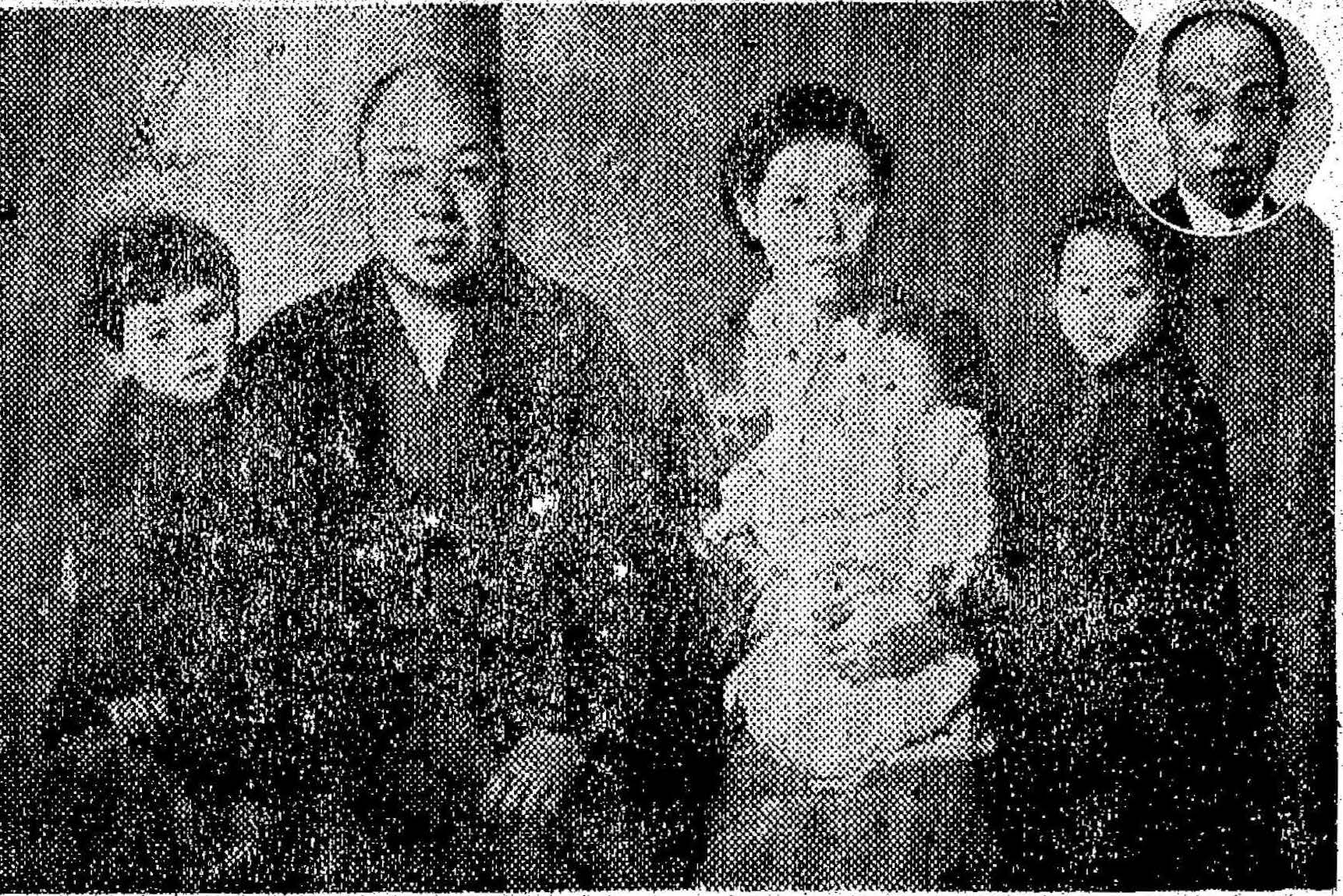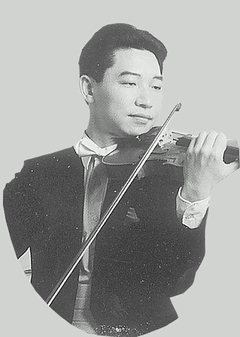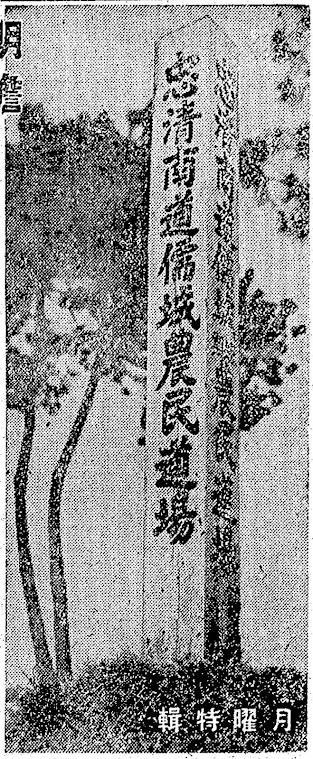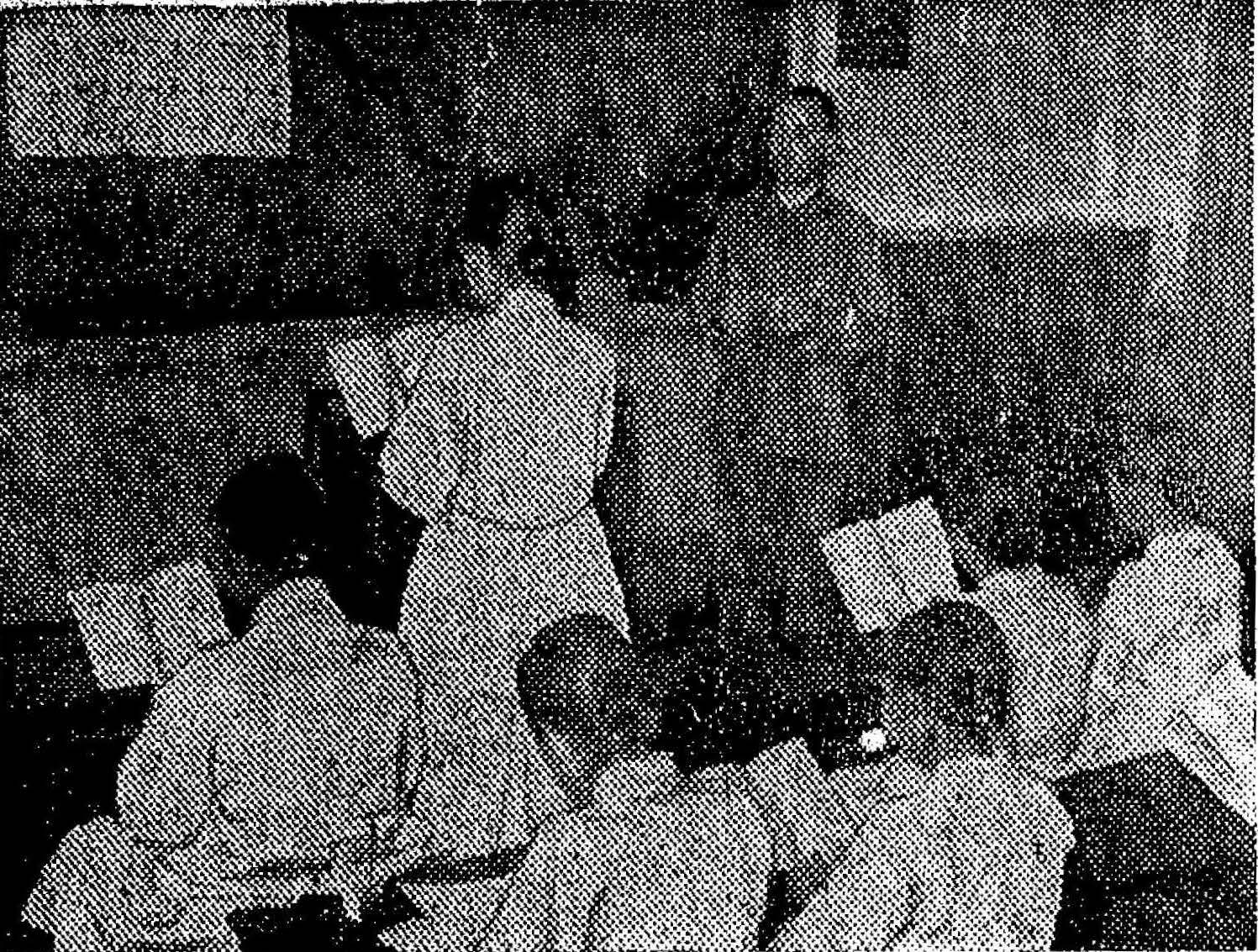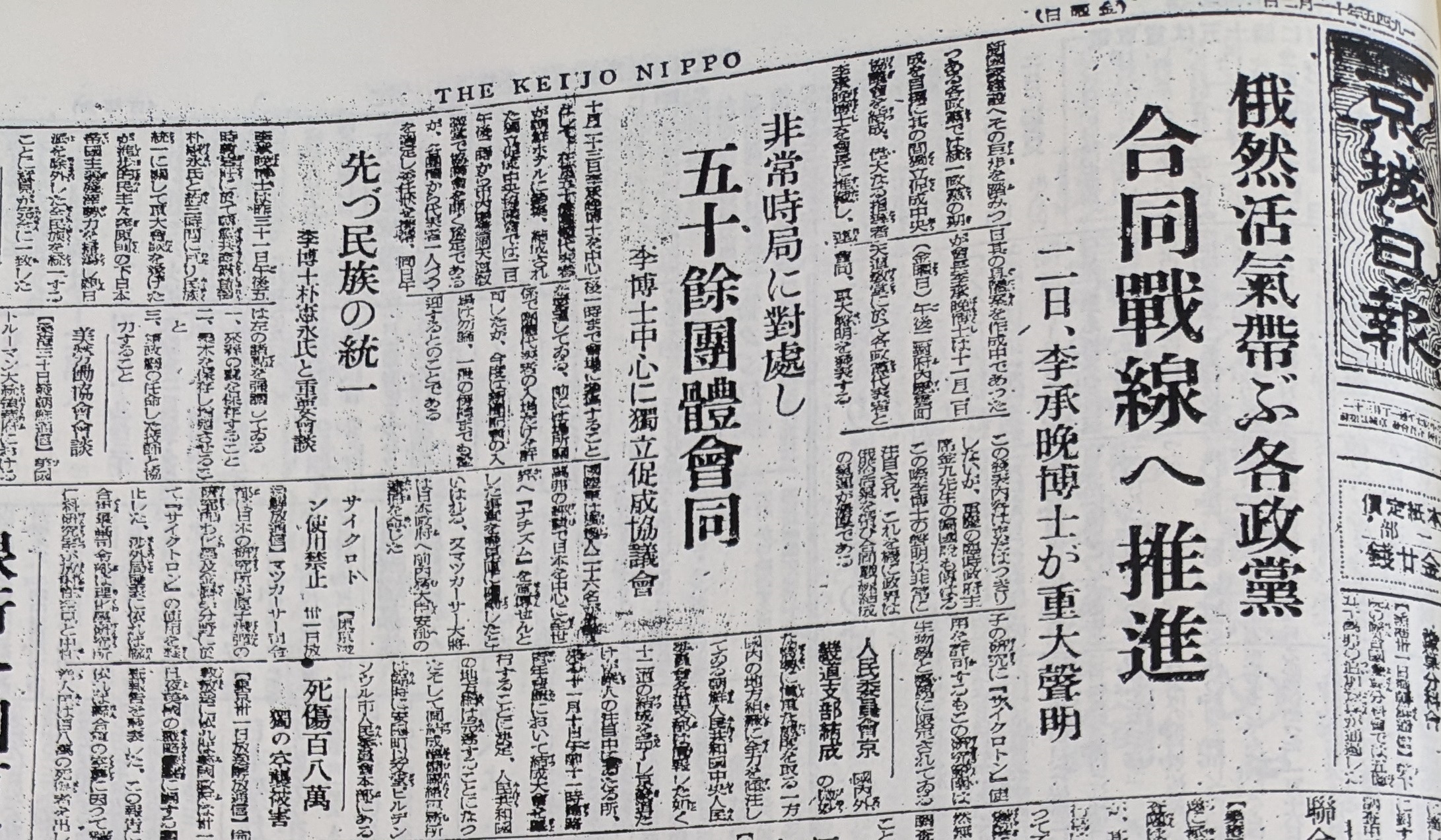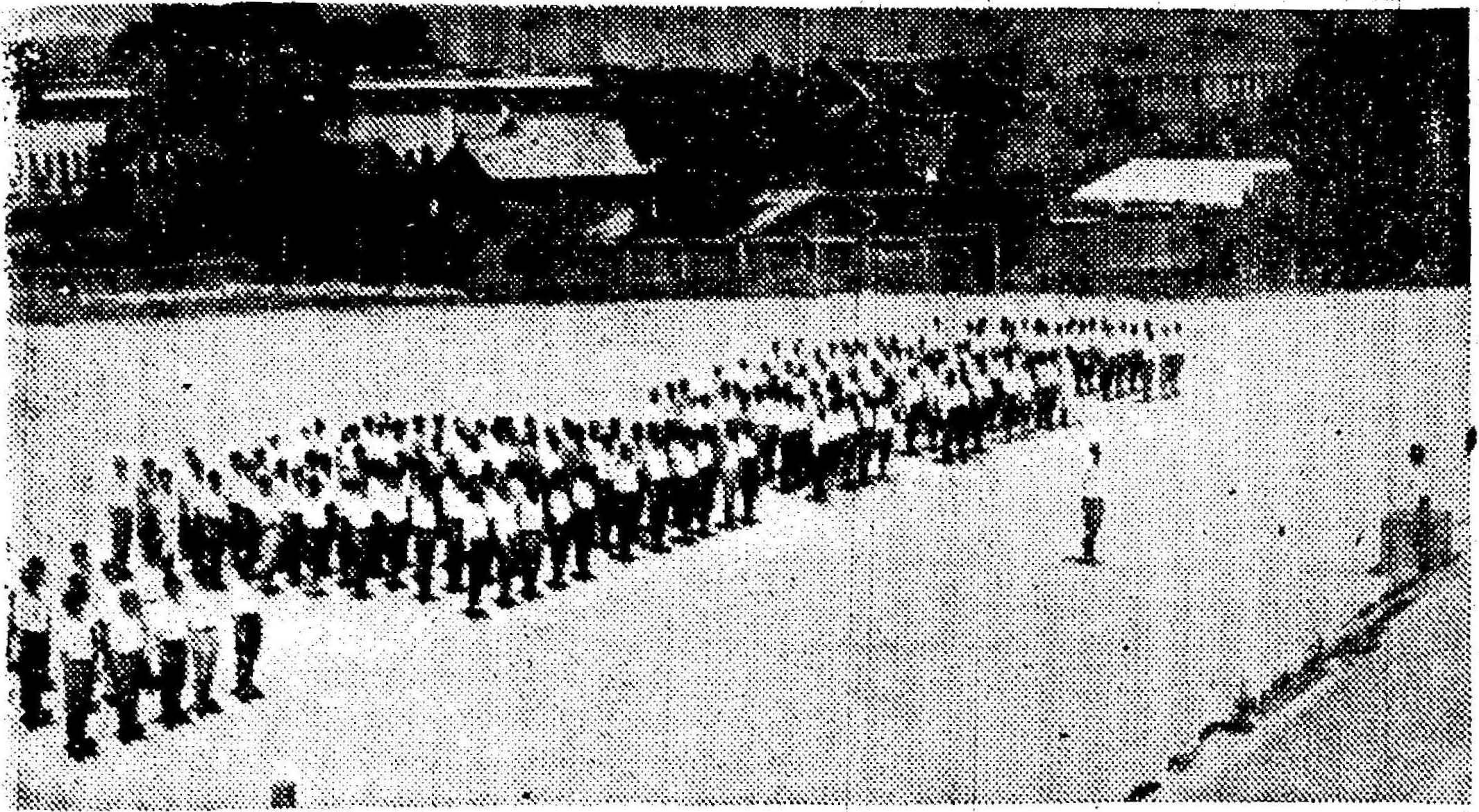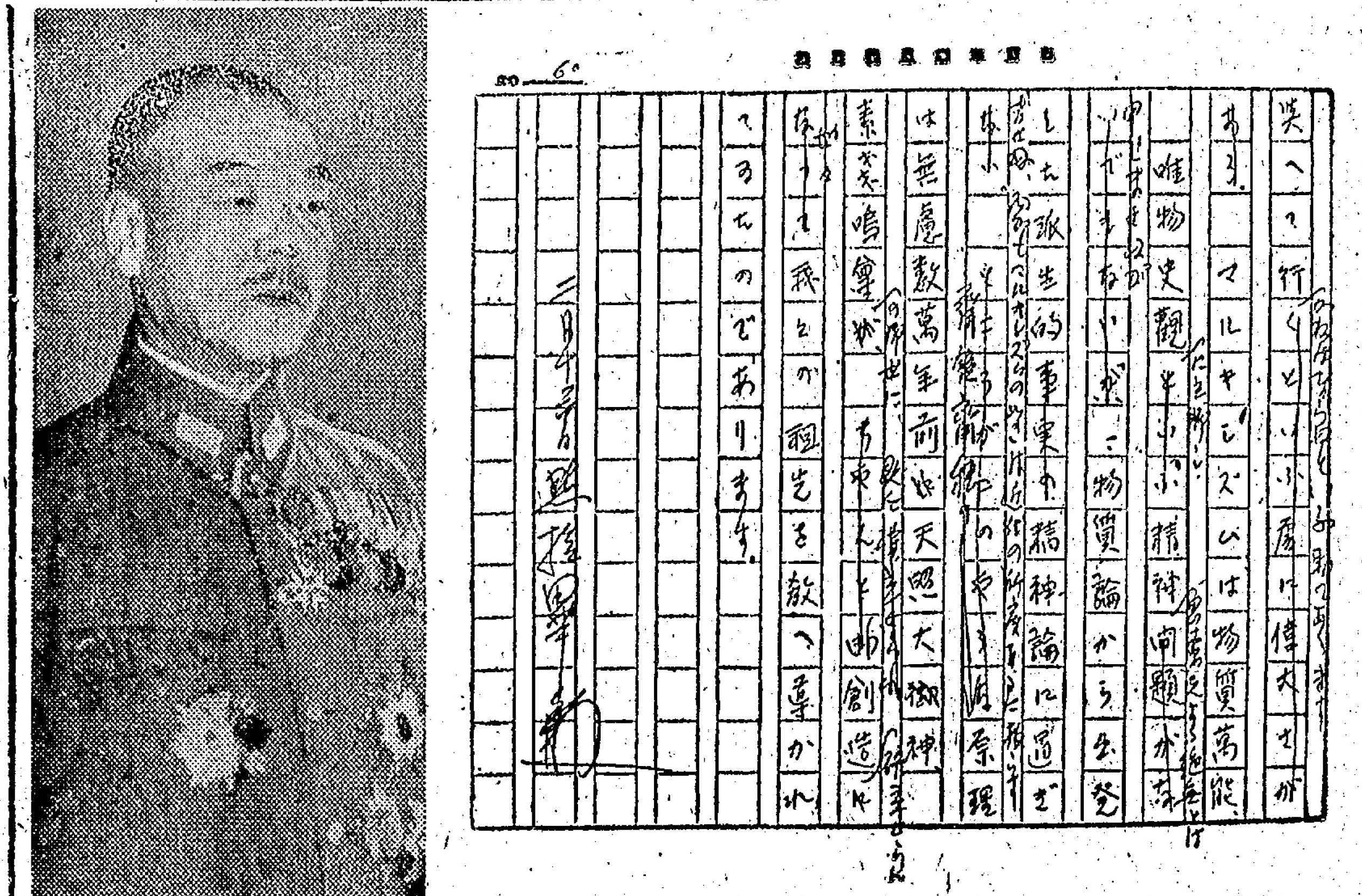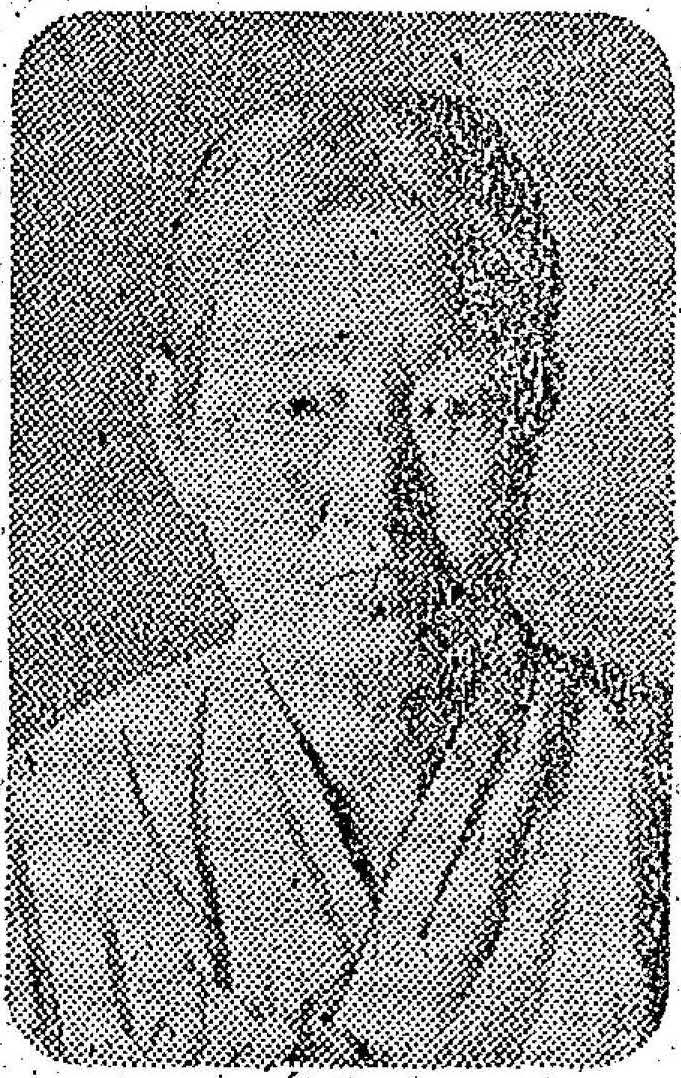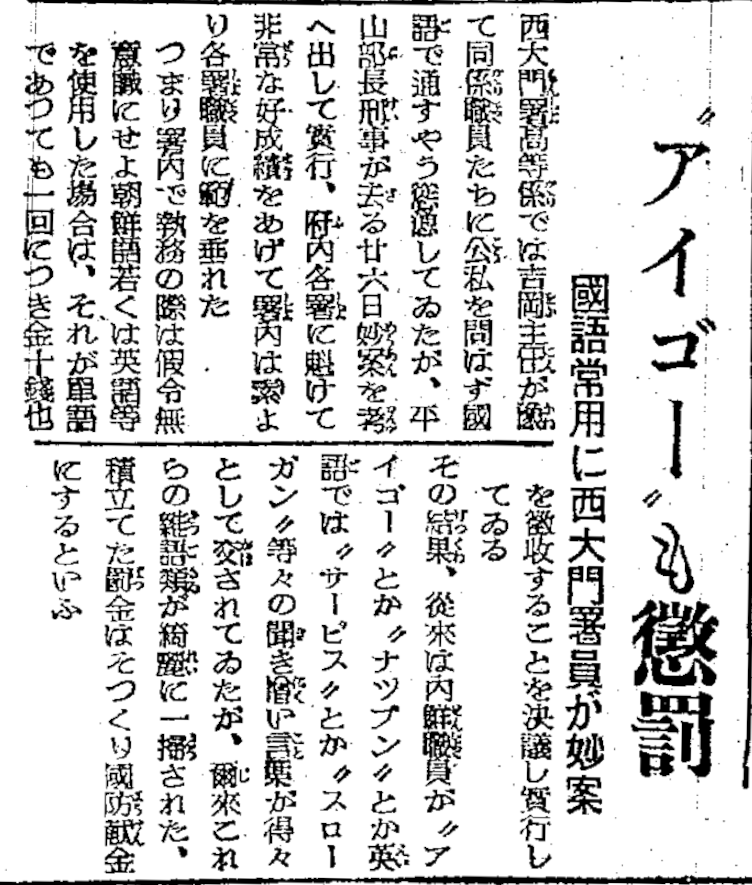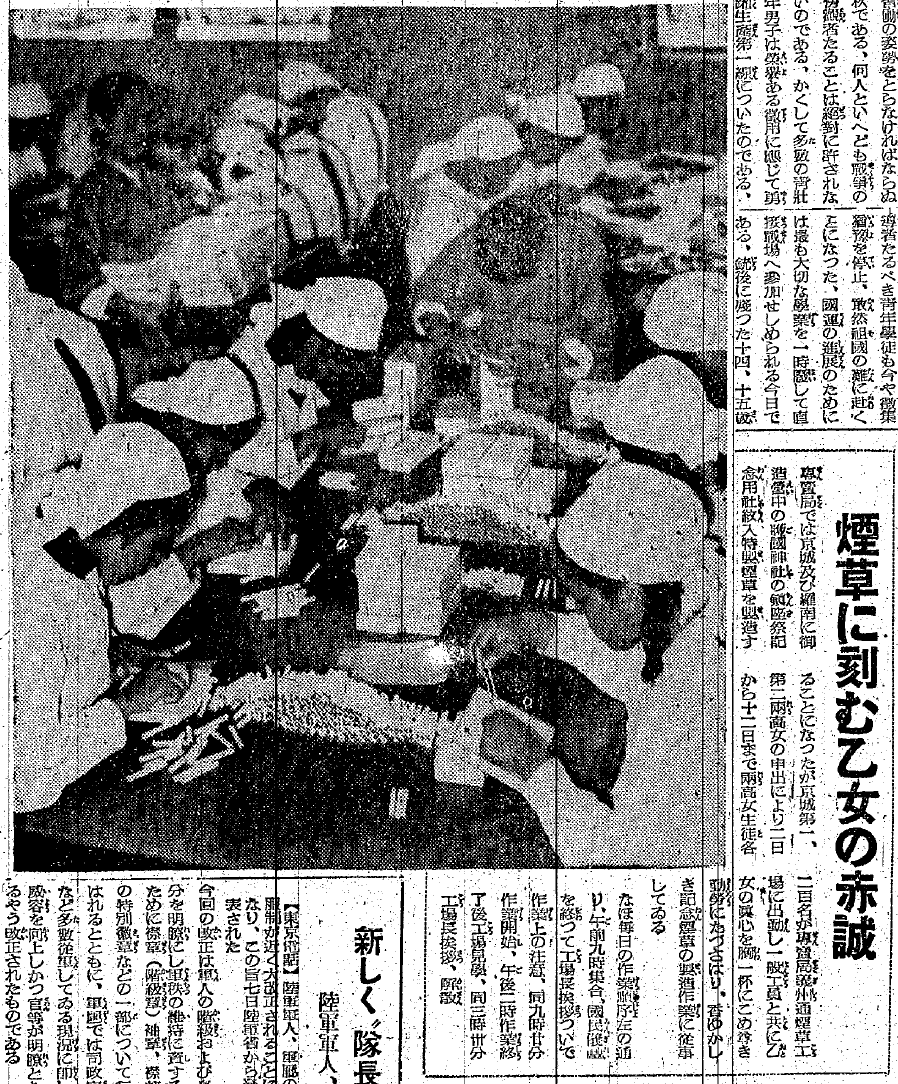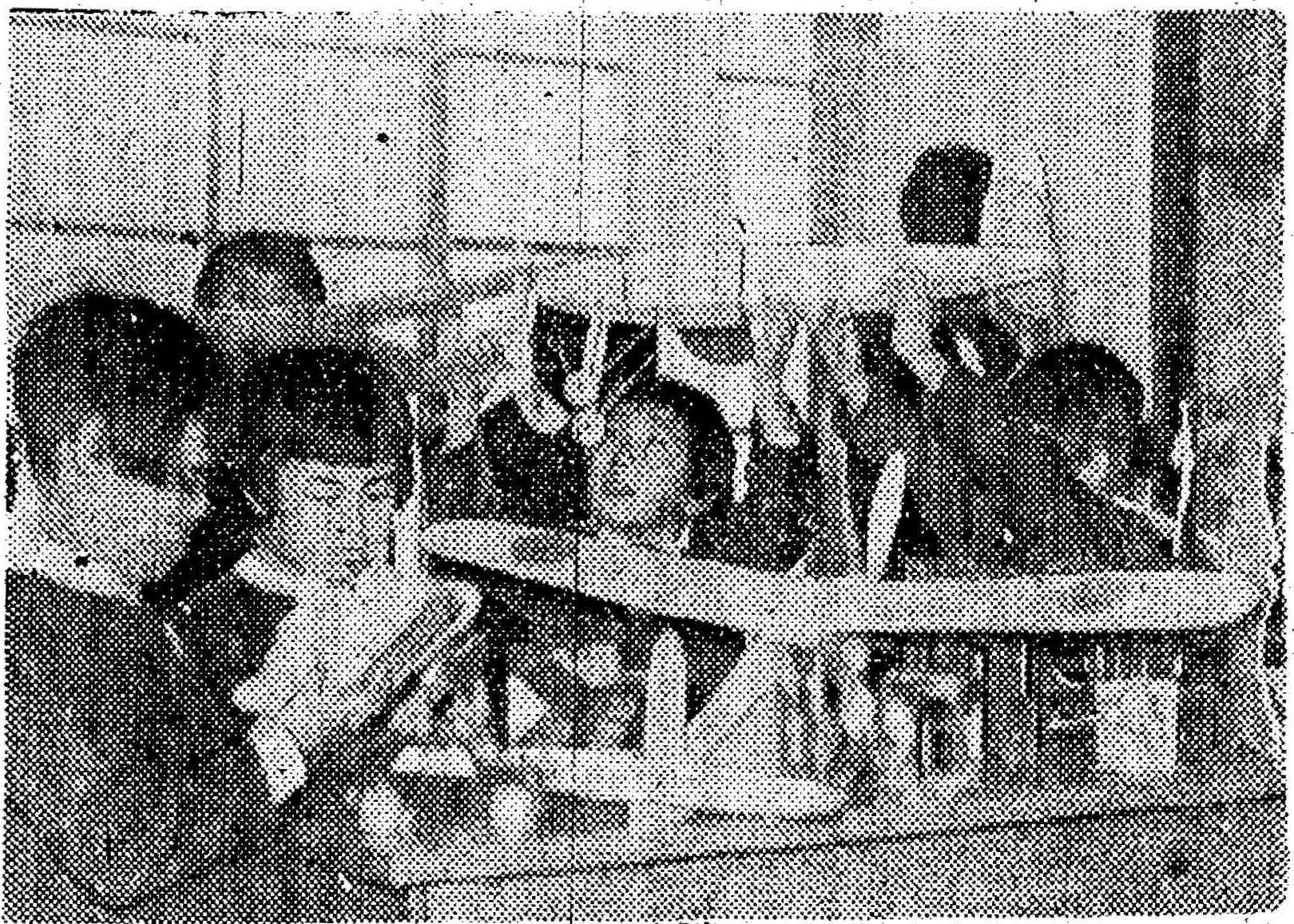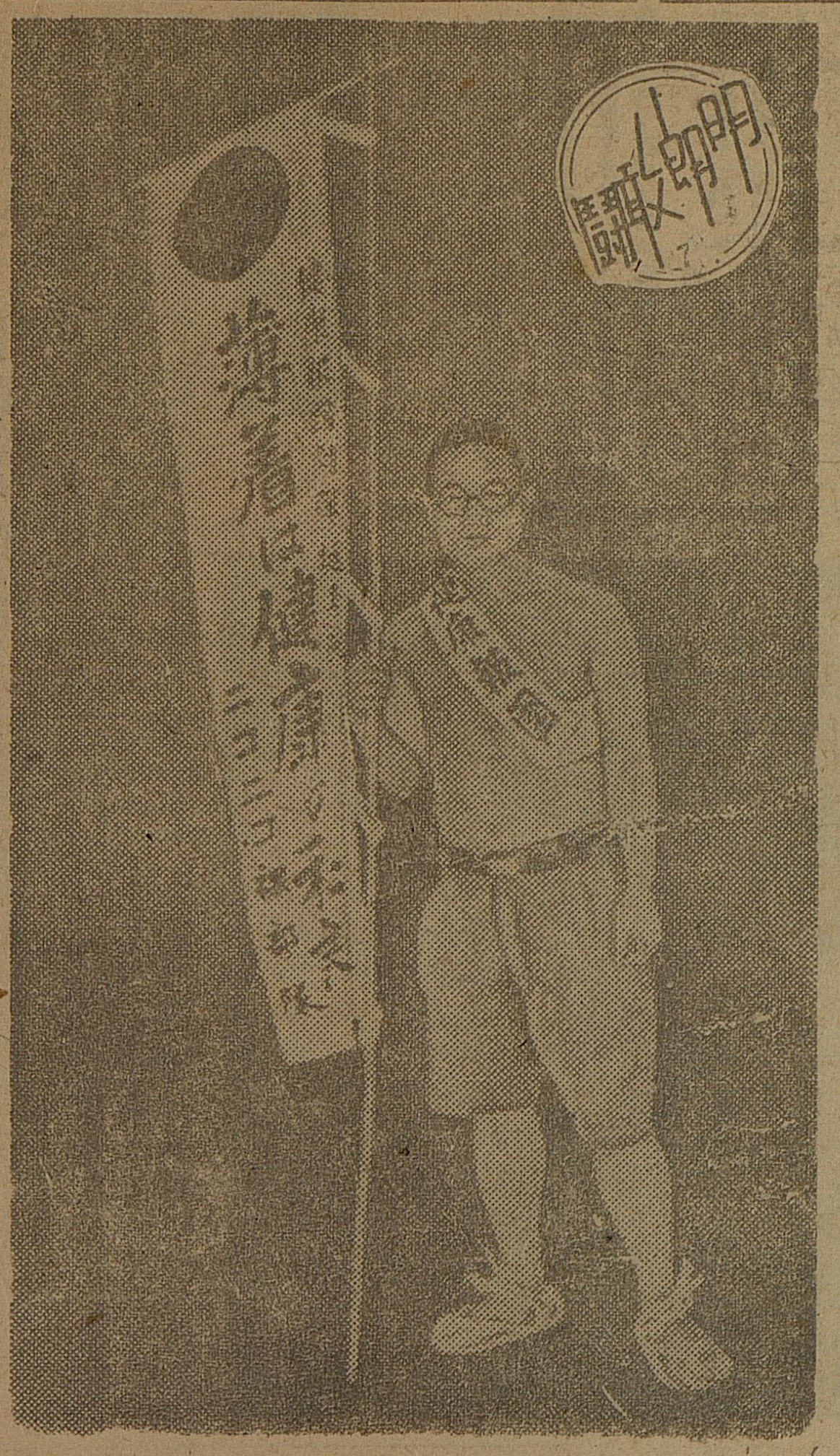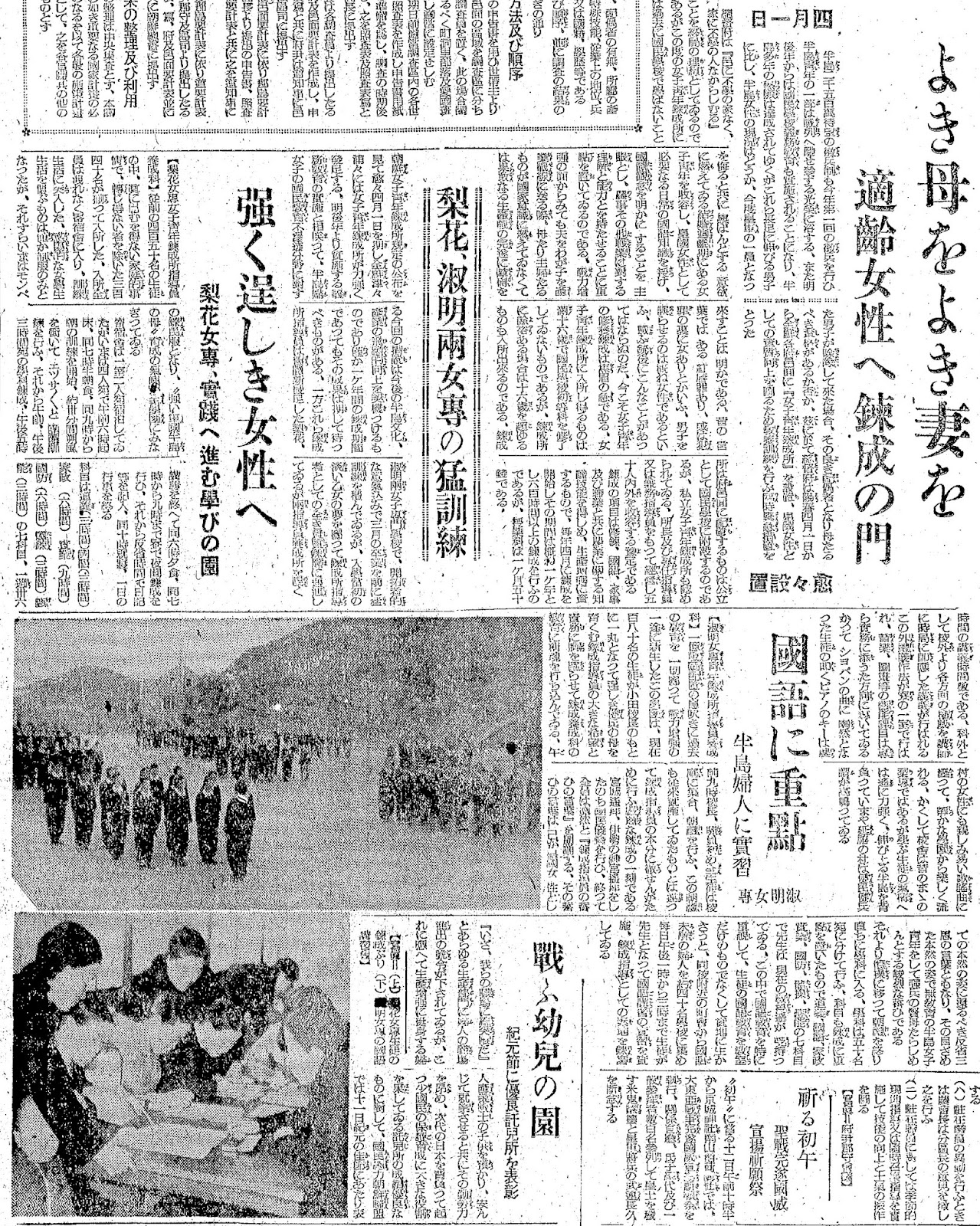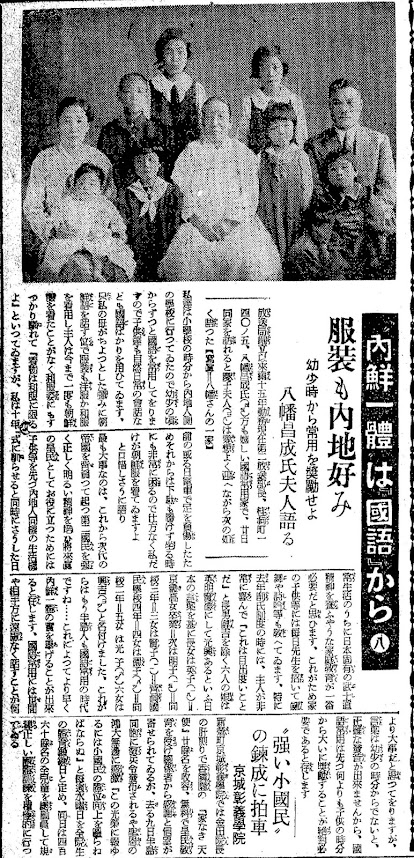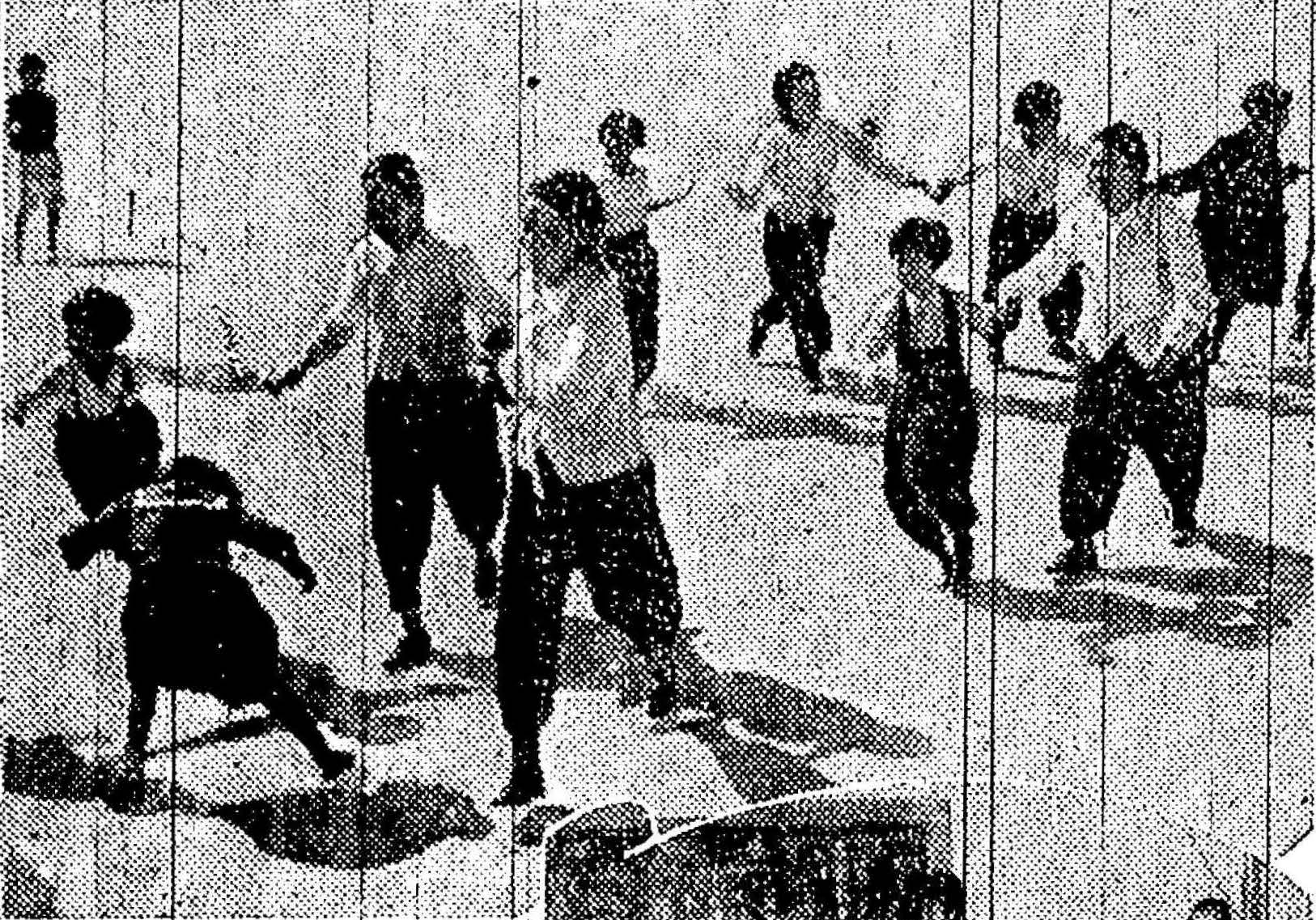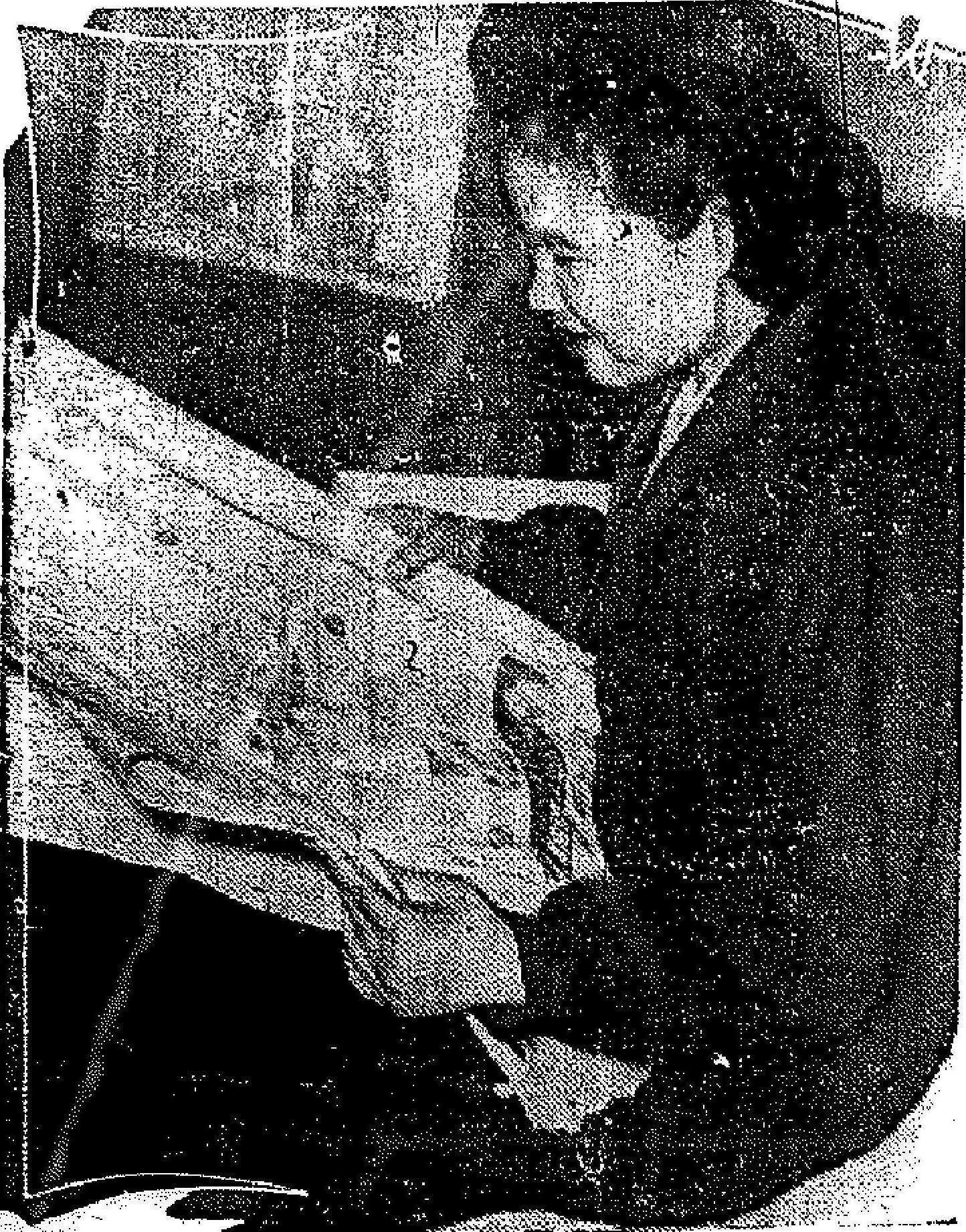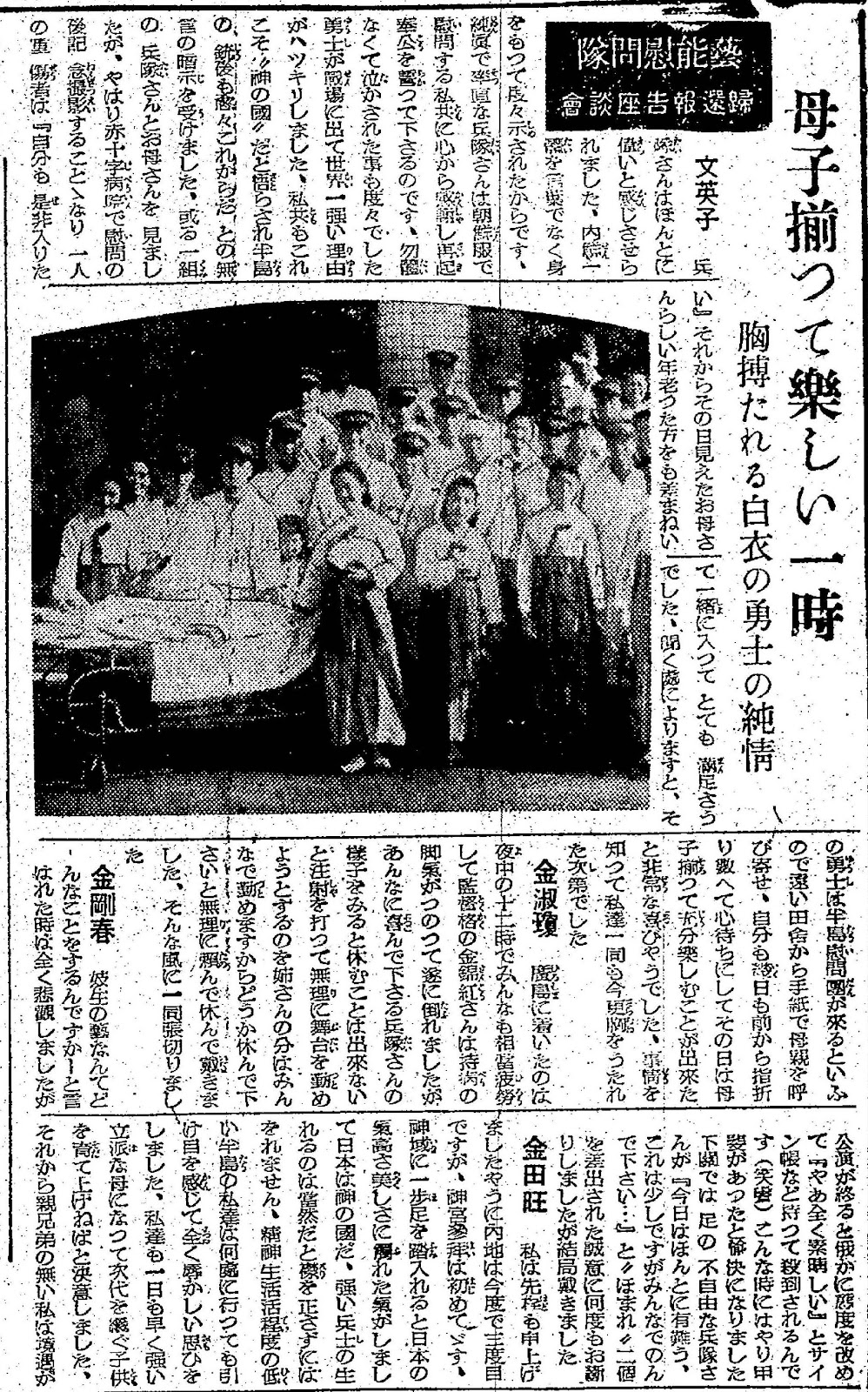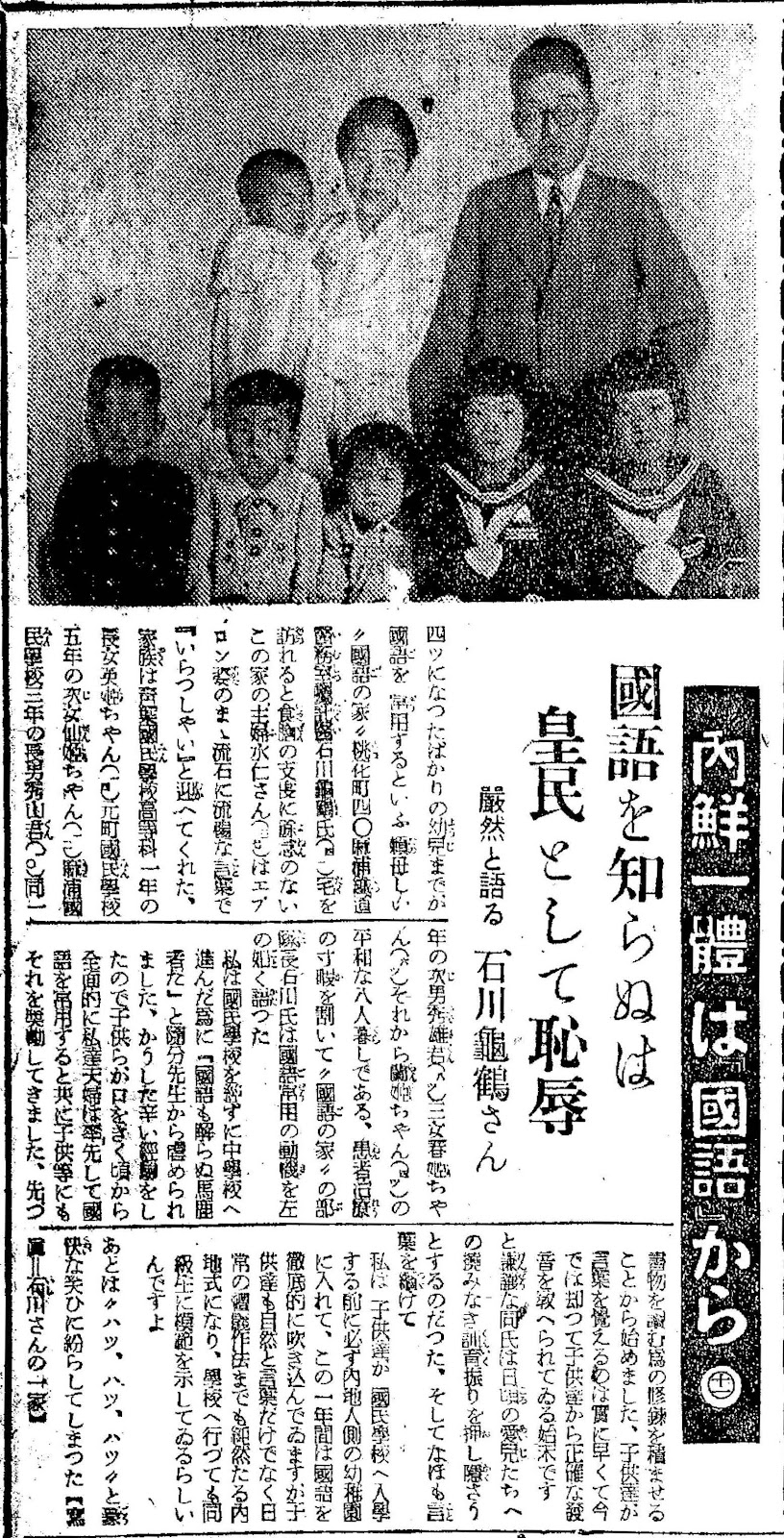
As a child, one Korean father was tormented by Japanese teachers who berated him as ‘an idiot who can’t understand Japanese’, so he and his wife imposed the Japanese language on their six children to make sure they did not suffer the same trauma that he did (Seoul, 1942)
Notes: (Top row right-to-left): father Kametsuru (41), mother Su-in (37), daughter Ranhime/Ran-hee (4). (Bottom row right-to-left): daughter Eihime/Young-hee (14), daughter Senhime/Seon-hee (12), daughter Haruhime/Chun-hui (6), son Hideo (8), son Hideyama (10).
I’m not sure if I’ve identified Young-hee and Seon-hee correctly, since they look the same age. I may have also mixed up Hideo and Hideyama, since they also look the same age.
The male members of the family have Japanese first names, while the female members of the family have Korean first names. The daughters have Korean names that could also pass as Japanese first names if the Hanja were read as Japanese Kanji. For example, the Hanja 英姫 would be read in Korean as Young-hee, while it would be read in Japanese as Eihime.
This article is part of a series published by the government of Japan-colonized Korea in 1942 to highlight Korean families that were considered “households of the Japanese language” and exclusively spoke Japanese at home. Here are two other Korean families that were featured in this series:
https://exposingimperialjapan.com/2022/01/pro-imperial-japanese-korean-parents.html
https://exposingimperialjapan.com/2022/01/in-1942-one-pro-imperial-japan-korean.html
(Translation)
Gyeongseong Ilbo (Keijo Nippo), May 24, 1942
Unification of Japan and Korea starts with the Japanese language
Ignorance of the Japanese language is a disgrace for Imperial people
Mr. Kametsuru Ishikawa speaks sternly
This is a reliable “household of the Japanese language” where even the infant who has just turned four is regularly using the Japanese language. When I went to Dohwa-dong 40 and visited the home of Mr. Kametsuru Ishikawa (41), a doctor commissioned by the medical office of the Mapo Railroad, I was greeted by Su-in (37), the housewife who was wearing an apron and busy preparing a meal as she said “Come in” in fluent Japanese.
The family consisted of eight peaceful members: Eihime/Young-hee (14), the eldest daughter who was in the first year at Aoba Middle School (note: present-day Cheongpa Elementary School); Senhime/Seon-hee (12), the second daughter who was in the fifth year of Motomachi National School (note: present-day Namjeong Elementary School); Hideyama (10), the eldest son who was in the third year of Mapo Elementary School; Hideo (8), the second son who was in the first year of the same school; Haruhime/Chun-hui (6), the third daughter; and Ranhime/Ran-hee (4).
During his spare time while treating patients, Mr. Ishikawa, the head of this “household of the Japanese Language,” explained his motivation for using the Japanese language regularly as follows.
“I went on to middle school without going through elementary school, so I was tormented by teachers who said that I was ‘an idiot who couldn’t understand Japanese’. Because of this painful experience, my wife and I comprehensively took the initiative to use the Japanese language regularly and encouraged our children to do the same from the time they could speak. The first thing we did was to train them to read books. The children learned the language very quickly, and now they are even teaching me how to pronounce the words correctly”.
Thus, he humbly tried to hide the fact that he had been resolutely educating his beloved children for a long time. Then he continued,
“Before they enter elementary school, I always send my children to a kindergarten that Japanese children attend. For the past year, I have been thoroughly teaching them the Japanese language, so that they naturally learn not only the language, but also daily etiquette in pure Japanese style, and I hear that they are setting a good example for their classmates at school”.
After saying this, he distracted us with a hearty laughter: “Ha, ha, ha!” (Photo: Mr. Ishikawa’s family)
Source: http://www.archive.org/details/kjnp-1942-05-24
Why am I posting this kind of content? Read my reasons here: https://exposingimperialjapan.com/2021/11/nostalgia-for-imperial-japan-and-its.html
(Transcription)
京城日報 1942年5月24日
内鮮一体は「国語」から
国語を知らぬは皇民として恥辱
厳然と語る石川亀鶴さん
四つになったばかりの幼児までが国語を常用するという頼もしい”国語の家”。桃花町四〇麻浦鉄道医務室嘱託医石川亀鶴氏(四一)宅を訪れると食膳の支度に余念のないこの家の主婦水仁さん(三七)はエプロン姿のまま流石に流暢な言葉で「いらっしゃい」と迎えてくれた。
家族は青葉国民学校高等科一年の長女英姫ちゃん(一四)、元町国民学校五年の次女仙姫ちゃん(一二)、麻浦国民学校三年の長男秀山君(一〇)、同一年の次男秀雄君(八つ)、三女春姫ちゃん(六つ)、それから蘭姫ちゃん(四つ)の平和な八人暮らしである。
患者治療の寸暇を割いて”国語の家”の部隊長石川氏は国語常用の動機を左の如く語った。
私は国民学校を経ずに中学校へ進んだ為に『国語も解らぬ馬鹿者だ』と随分先生から虐められました。こうした辛い経験をしたので子供から口をきく頃から全面的に私達夫婦は率先して国語を常用すると共に子供等にもそれを奨励してきました。先ず書物を読む為の修練を積ませることから始めました。子供達が言葉を覚えるのは実に早くて、今では却って子供達から正確な発音を教えられている始末です。
と謙譲な同氏は日頃の愛児たちへの撓みなき訓育振りを押し隠そうとするのだった。そしてなおも言葉を続けて、
私は子供達が国民学校へ入学する前に必ず内地人側の幼稚園に入れて、この一年間は国語を徹底的に吹き込んでいますが、子供達も自然と言葉だけでなく日常の礼儀作法までも純然たる内地式になり、学校へ行っても同級生に模範を示しているらしいんですよ。
あとは”ハッ、ハッ、ハッ”と豪快な笑いに紛らしてしまった。【写真=石川さんの一家】
